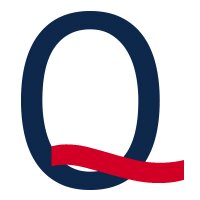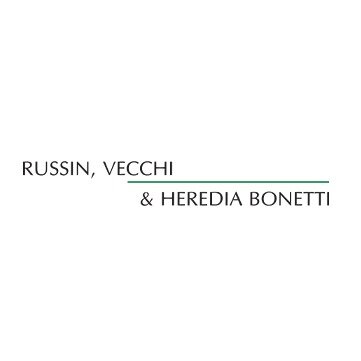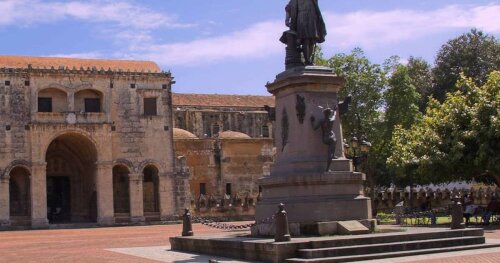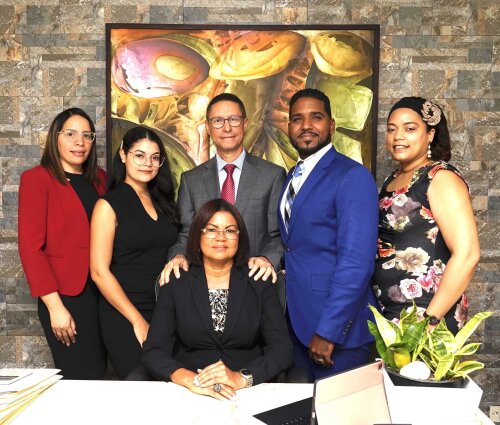Best Mortgage Lawyers in Dominican Republic
Share your needs with us, get contacted by law firms.
Free. Takes 2 min.
Free Guide to Hiring a Real Estate Lawyer
Or refine your search by selecting a city:
List of the best lawyers in Dominican Republic
About Mortgage Law in Dominican Republic
In the Dominican Republic, mortgage law is primarily governed by the nation's Civil Code, which outlines the legal framework for creating, transferring, and enforcing mortgage obligations. Mortgages are commonly used to secure real estate transactions and offer lenders protection by granting them interests in the debtor's property. This legal mechanism allows individuals and businesses to access financing while safeguarding the lender's investment through property collateral. Additionally, public registry systems facilitate transparency and security in mortgage dealings, ensuring all parties are informed about existing liens and claims on properties.
Why You May Need a Lawyer
Legal assistance in the realm of mortgages may be necessary for a variety of reasons:
- Understanding Mortgage Agreements: These legal documents can be complex, and a lawyer can ensure that the terms are fair and clear to all parties involved.
- Dispute Resolution: Lawyers can help resolve disagreements that arise during mortgage negotiations or enforcement.
- Foreclosure Defense: If you are at risk of losing your property, legal counsel can explore possible defenses and solutions.
- Property Acquisition: Assistance with negotiation, documentation, and compliance with local laws is crucial when purchasing property.
- Refinancing or Modifying a Mortgage: Legal expertise can facilitate these processes to ensure optimal financial outcomes.
Local Laws Overview
The Dominican Republic’s mortgage laws are influenced by both local legislation and Spanish colonial law, making them unique in their application. Key aspects include:
- Property Rights and The Registry: The property must be registered in the Nombre de Ley as a prerequisite for a valid mortgage.
- Interest Rates and Terms: While not strictly regulated, terms agreed upon must adhere to general contractual laws and usury limits.
- Foreclosure Procedures: These involve court intervention, where the lender can request the sale of the property to recover the loan amount.
- Public Notary Role: Notaries play a significant role in authenticating mortgage agreements and ensuring compliance with legal requirements.
Frequently Asked Questions
What is required to obtain a mortgage in the Dominican Republic?
Generally, individuals need to provide proof of income, a credit history, valid identification, and often, a preliminary agreement to purchase a property.
Can foreigners apply for a mortgage in the Dominican Republic?
Yes, foreigners are generally allowed to apply for mortgages, though additional documentation such as residency status or a local guarantor may be needed.
How is a mortgage registered?
Mortgages must be registered with the Registrar of Titles to be enforceable, which involves various fees and compliance with specific procedural requirements.
What happens if I default on my mortgage?
If you default, the lender may initiate foreclosure proceedings, through court orders, to sell the property and recover the due amount.
How long does the foreclosure process take?
The foreclosure process can take several months to a few years, depending on the complexity of the case and court availability.
Is it possible to refinance a mortgage in the Dominican Republic?
Yes, refinancing is available and typically involves altering the mortgage’s terms. However, this may require legal review and re-registration.
What legal protections are available for borrowers?
Borrowers are protected under general consumer protection and contract laws, which prevent usurious practices and unfair terms.
Are there tax implications on mortgages?
Interest payments on mortgages may have tax implications, and it's advisable to consult with a tax expert for detailed guidance.
What role does a public notary play in the mortgage process?
Notaries authenticate and legalize mortgage agreements ensuring they meet legal standards and are enforceable.
Can a mortgage be transferred to another person?
Yes, mortgages can be transferred, but this typically requires the consent of the lender and must adhere to specific legal processes.
Additional Resources
Consider reaching out to the following resources for more information on mortgages in the Dominican Republic:
- Superintendency of Banks: Offers guidance on banking regulations and financial services.
- Dirección General de Impuestos Internos (DGII): Provides information on tax implications for mortgages.
- Association of Banks of the Dominican Republic: Offers resources for navigating financial products.
Next Steps
If you require legal assistance with a mortgage, it is advisable to:
- Consult with a qualified lawyer: Choose a legal professional with experience in real estate and mortgage law.
- Gather documentation: Prepare all relevant papers, including property titles, identification, and any existing mortgage agreements.
- Research potential lenders: Compare terms and services to find the best fit for your needs.
- Stay informed: Regularly update yourself on any changes in the legal framework or economic conditions that could affect your mortgage.
Lawzana helps you find the best lawyers and law firms in Dominican Republic through a curated and pre-screened list of qualified legal professionals. Our platform offers rankings and detailed profiles of attorneys and law firms, allowing you to compare based on practice areas, including Mortgage, experience, and client feedback.
Each profile includes a description of the firm's areas of practice, client reviews, team members and partners, year of establishment, spoken languages, office locations, contact information, social media presence, and any published articles or resources. Most firms on our platform speak English and are experienced in both local and international legal matters.
Get a quote from top-rated law firms in Dominican Republic — quickly, securely, and without unnecessary hassle.
Disclaimer:
The information provided on this page is for general informational purposes only and does not constitute legal advice. While we strive to ensure the accuracy and relevance of the content, legal information may change over time, and interpretations of the law can vary. You should always consult with a qualified legal professional for advice specific to your situation.
We disclaim all liability for actions taken or not taken based on the content of this page. If you believe any information is incorrect or outdated, please contact us, and we will review and update it where appropriate.
Browse mortgage law firms by city in Dominican Republic
Refine your search by selecting a city.
















